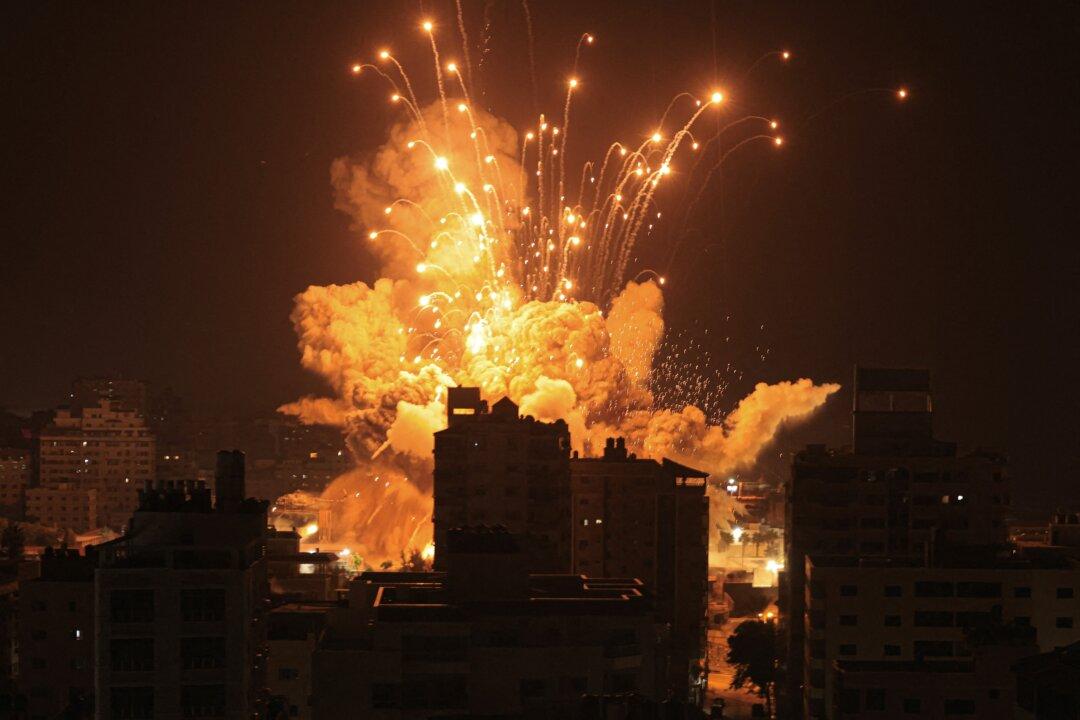More than 1,000 are dead in Israel, including more than a dozen U.S. citizens, following a massive campaign of brutal violence by the Islamist terror group Hamas.
Officials from across Israel have condemned Hamas’s atrocities as a 9/11 moment. There’s little reason to doubt that the new war between Israel and Hamas will carry all of the geopolitical consequences that such a comparison merits.




